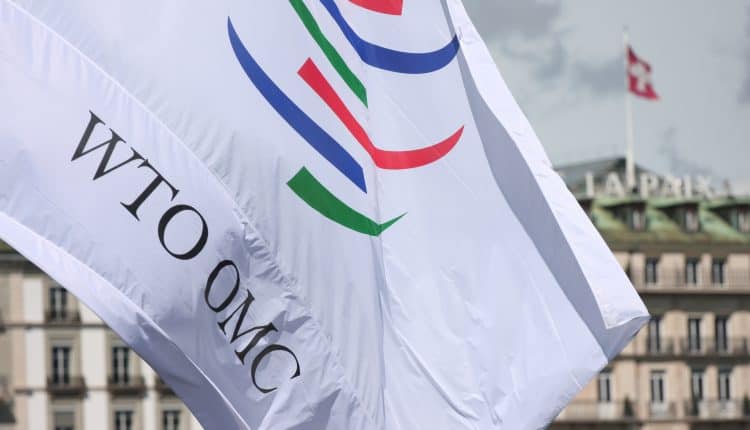South Africa and India have opposed an investment agreement during a World Trade Organisation (WTO) gathering in Abu Dhabi, halting its acceptance, Reuters reported on Thursday.
The two county’s objection has the potential to impede mega investments, as analysts suggest. The “deplorable” development would primarily harm the world’s poorest nations, according to Alan Yanovich, a partner at Akin Gump Strauss.
Both countries’ delegations haven’t commented on the matter publicly.
With the support of about 125 countries, or roughly 75 per cent of the WTO’s membership, the agreement aims to improve the investment climate, encourage foreign direct investment, and streamline bureaucratic processes.
WTO regulations, however, allow any of the organisation’s 164 members to prevent a deal from being approved by the body—a measure that is required to guarantee that nations are complying.
“We underscore that given the lack of exclusive consensus, this is not a matter for the…(meeting) agenda,” a WTO document states.
“The notion that two members can prevent a broad group of willing members from moving forward is absurd,” he noted.
During the talks, a delegate from the Western trade community described the two countries’ move as “ironic that South Africa and India stand in the way of something with such manifest benefits for developing countries.”
The Investment Facilitation for Development (IFD) Agreement, an initiative spearheaded by South Korea and Chile with strong backing from China, has the potential to improve global welfare by $200–800 billion, according to Reuters citing a study on the matter.
“Members have expressed a readiness to discuss this issue at the General Council in Geneva after (the ministerial conference)… And I would want to encourage them to do so” Kerrie Symmonds, the Barbados minister of foreign affairs and trade, who served as the meeting’s facilitator for negotiations stated.
Furthermore, the four-day WTO negotiations aimed at establishing fresh global trade regulations spanning various sectors such as fishing and agriculture are scheduled to conclude on Thursday. However, delegates have reported minimal advancements thus far, except the formal inclusion of two new members into the organisation: East Timor and Comoros.
On Tuesday, the US trade chief dismissed the possibility of reaching an agreement on overhauling the WTO dispute settlement mechanism, which has been impaired for four years owing to objections raised by the United States.
Due to members’ inability to reach a consensus, a paragraph addressing climate change has been relegated to a WTO extension within the draft package of agreements.
“These are not small, easy to deal with issues, these are some of the big things that either distort trade or stop nations from being able to feed their own people,” New Zealand’s trade minister Todd McClay told Reuters.
“They are hard and they are challenging.” He added.
